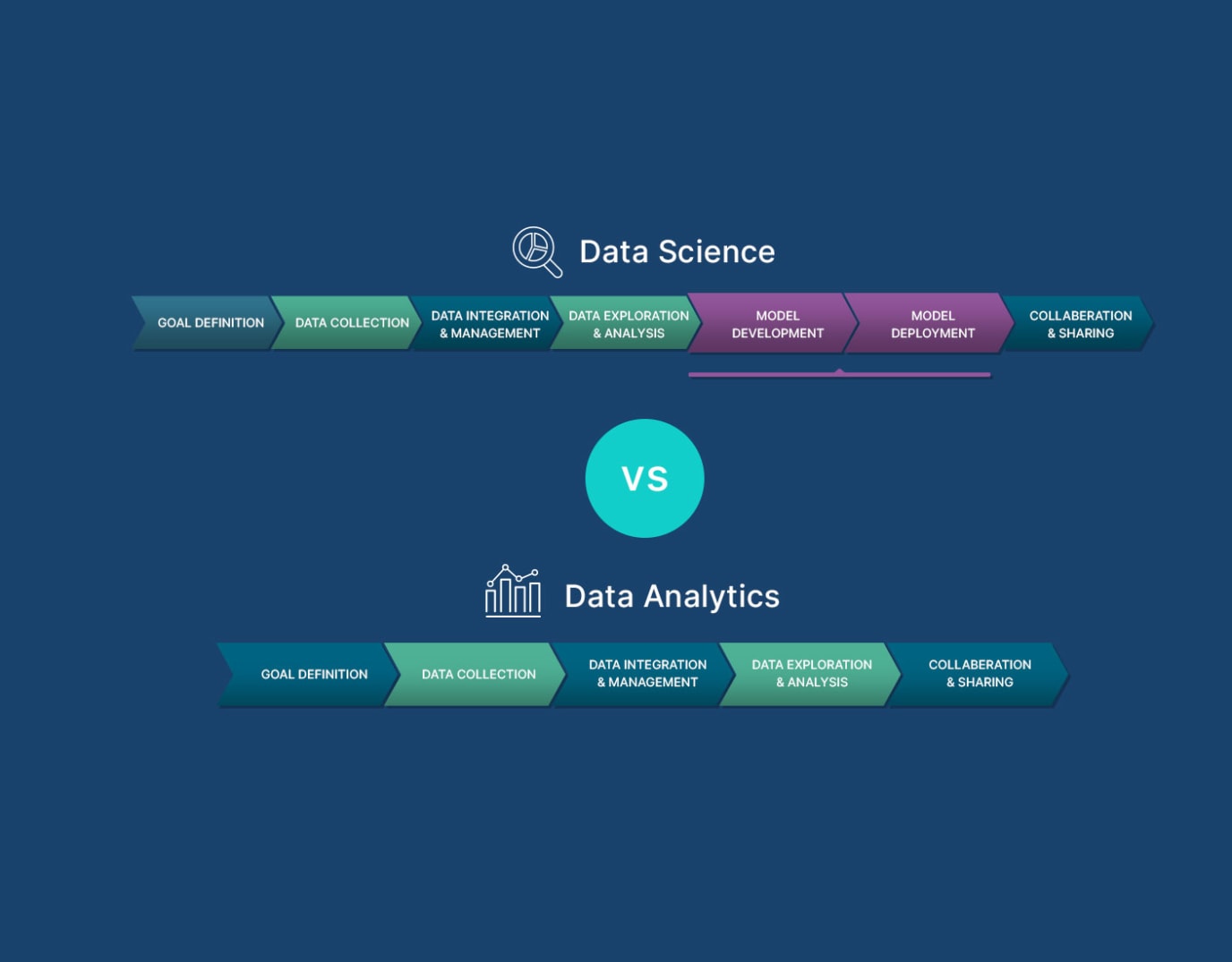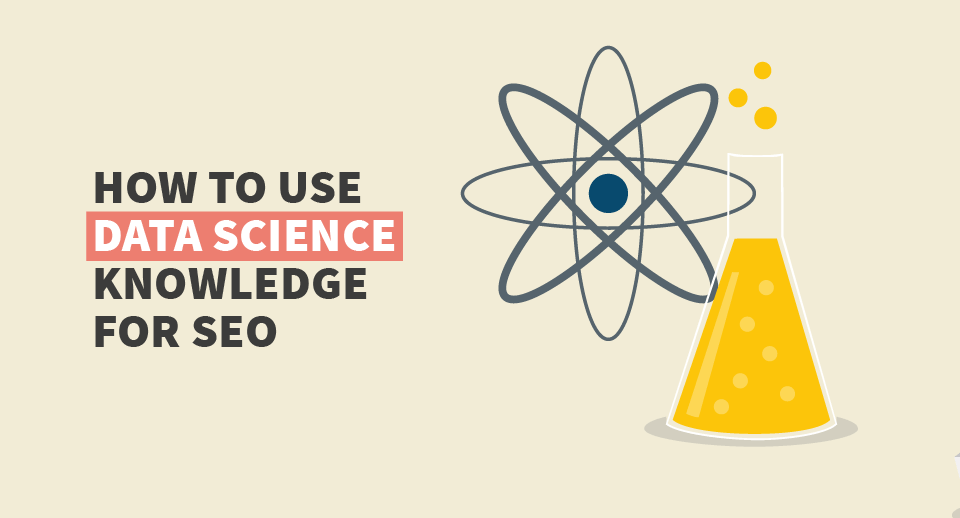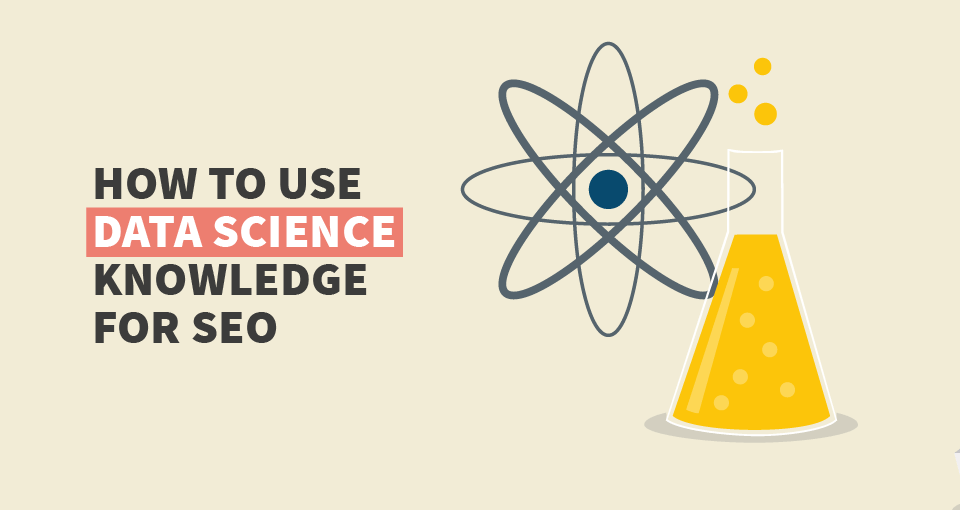How To Use Data Science Knowledge For SEO Boost Your Rankings Combining them can bring great results. It helps websites rank higher on search engines. But with so much data available, it’s hard to know what to use. This is where data science comes in. Data science can analyze and make sense of the data.
It helps in making better decisions for SEO strategies. By using data science, you can find patterns and trends. This makes it easier to target the right audience. You can also track and measure the success of your SEO efforts. In this blog, we will explore how to use data science knowledge for SEO. It will help you improve your website’s performance and reach more people.
Introduction To Data Science For Seo
Data science can enhance your SEO strategies by analyzing search patterns and user behavior. It helps identify key trends and optimize content for better rankings.
Understanding data science can significantly enhance your SEO strategies. Data science involves analyzing and interpreting complex data to make informed decisions. Integrating data science into SEO helps you understand user behavior, predict trends, and optimize your website for better performance.
Importance Of Data Science In Seo
Data science offers valuable insights into user behavior and search patterns. It helps in:
- Identifying high-performing keywords
- Understanding user intent
- Analyzing competitors
- Predicting future trends
With data science, you can make data-driven decisions. This leads to better SEO performance and higher search engine rankings.
Key Concepts In Data Science
Familiarize yourself with these essential data science concepts:
| Concept | Description |
|---|---|
| Data Collection | Gathering relevant data from various sources |
| Data Cleaning | Removing inaccuracies and inconsistencies from data |
| Data Analysis | Examining data to discover patterns and insights |
| Data Visualization | Presenting data in graphical formats for easy understanding |
| Machine Learning | Using algorithms to predict outcomes based on data |
Data Collection involves gathering data from sources like Google Analytics, social media, and website logs. This data helps you understand user behavior. Data Cleaning is crucial for accurate analysis. Remove any errors, duplicates, or irrelevant information. Data Analysis helps identify patterns and trends. Use tools like Google Data Studio to analyze your data. Data Visualization makes complex data understandable. Use charts and graphs to present your findings. Machine Learning can predict future trends based on past data. Implement machine learning models to forecast user behavior. Integrating these data science concepts into your SEO strategy can lead to more effective optimization and better results. “`
Keyword Research And Analysis
Keyword research and analysis form the backbone of any successful SEO strategy. Understanding which keywords to target can drive significant traffic to your website. This is where data science steps in. It helps to sift through vast amounts of data to find the most valuable keywords. It also provides insights into keyword trends over time.
Identifying High-value Keywords
High-value keywords are those that bring in the most relevant traffic. These keywords have a good search volume and low competition. Data science tools can help identify these keywords. Tools like Google Keyword Planner and Ahrefs provide valuable data. They show search volume, competition, and other metrics. Analyzing this data helps you find the best keywords for your content.
Using Data Science For Keyword Trends
Keyword trends change over time. Staying up-to-date with these trends is crucial. Data science can track and analyze these trends. It helps predict which keywords will gain popularity. Google Trends is a powerful tool for this. It shows how search interest in a keyword changes over time. Combining this with other data sources gives a clear picture of keyword trends. This helps you stay ahead of your competition.
Content Optimization
Content optimization is crucial for SEO success. By using data science, you can create and refine content that performs well in search engines. Data-driven insights help you understand what your audience wants. This section will focus on using data science for content optimization.
Creating Data-driven Content
Creating data-driven content starts with keyword research. Identify the keywords your audience searches for. Tools like Google Analytics and SEMrush can help. They provide data on search volume, competition, and trends.
- Search Volume: Find out how often a keyword is searched.
- Competition: Check how many other websites target the same keyword.
- Trends: Understand if the keyword’s popularity is rising or falling.
Next, analyze the top-ranking pages for your keywords. Look at their content structure. Note the word count, headings, and subheadings. Use this data to create content that matches or exceeds these standards.
Incorporate semantic keywords. These are related terms that provide context. For example, if your main keyword is “data science,” semantic keywords might include “machine learning” and “big data.”
Analyzing Content Performance
Analyzing content performance helps you understand what works. Use tools like Google Analytics to track key metrics.
| Metric | Description |
|---|---|
| Page Views | Number of times your content is viewed. |
| Average Time on Page | How long users stay on your page. |
| Bounce Rate | Percentage of users who leave after viewing one page. |
| Conversion Rate | Percentage of users who complete a desired action. |
Use this data to identify high-performing content. Analyze why it performs well. Is it the topic? The structure? The keywords? Use these insights to improve underperforming content.
A/B testing is another valuable method. Test different headlines, images, or call-to-actions. See which version performs better. This helps you make data-driven decisions to optimize your content.

Credit: www.vertical-leap.uk
Technical Seo Improvements
Technical SEO is the backbone of any successful website. It ensures search engines can easily crawl and index your site. By using data science knowledge, you can make informed decisions for technical SEO improvements. Let’s dive into two key areas: optimizing site structure and leveraging data for crawl efficiency.
Optimizing Site Structure
A well-organized site structure helps search engines understand your content better. Use data analysis to identify which pages are most valuable. Structure your site so that these important pages are easily accessible. Group related content together. This creates a logical flow for both users and search engines.
Data science tools can show how users navigate your site. Use this information to improve your internal linking. Ensure that users can find what they need with minimal clicks. A simple, clear structure boosts your site’s SEO performance.
Leveraging Data For Crawl Efficiency
Search engines use bots to crawl your site. Efficient crawling ensures all important pages get indexed. Data science can help identify and fix crawl issues. Use log file analysis to see how bots interact with your site. Identify pages that take too long to load or have errors. Fixing these issues improves crawl efficiency.
Data can also show which pages are most crawled. Prioritize these for optimization. Ensure they load fast and contain quality content. By leveraging data, you can make your site more crawl-friendly. This leads to better indexing and higher search rankings.
Tracking And Reporting
Tracking and reporting are crucial elements of an effective SEO strategy. Data science can enhance your ability to track and report SEO performance. By leveraging data science tools, you can collect, interpret, and act on SEO data more efficiently. This can lead to better decision-making and improved search engine rankings. Let’s dive into the details of how to set up data tracking and interpret SEO metrics.
Setting Up Data Tracking
First, you need to set up data tracking tools. Google Analytics and Google Search Console are essential. Ensure you have both installed on your website. These tools provide valuable insights into your site’s performance. You can track metrics like page views, bounce rates, and average session duration. This data helps you understand user behavior.
Next, configure tracking for specific SEO goals. Set up goals in Google Analytics to track conversions. Track actions like form submissions, downloads, or purchases. This data shows how users interact with your site. It also helps you understand which pages drive conversions.
Interpreting Seo Metrics
Interpreting SEO metrics is vital for making informed decisions. Look at key metrics like organic traffic, bounce rate, and conversion rate. Organic traffic shows how many visitors come from search engines. A high bounce rate may indicate irrelevant content or poor user experience.
Conversion rate is another important metric. It shows the percentage of visitors who complete a desired action. A low conversion rate may mean your site needs optimization. Use data science techniques to analyze these metrics. Identify patterns and trends to improve your SEO strategy.

Credit: www.qlik.com

Credit: mangools.com
Frequently Asked Questions
What Is Data Science In Seo?
Data science involves analyzing data to improve SEO strategies. It helps in understanding user behavior and trends.
How Can Data Science Improve Seo?
It can identify keyword opportunities, optimize content, and track performance. This leads to better search rankings.
What Tools Are Used In Data Science For Seo?
Common tools include Google Analytics, Python, R, and various SEO software. These help in analyzing and interpreting data.
Can Data Science Help In Content Creation For Seo?
Yes, data science can guide content creation by identifying popular topics and keywords. This makes content more relevant to users.
How Does Data Science Analyze Seo Performance?
It uses metrics like traffic, bounce rate, and conversion rates. This helps in understanding the effectiveness of SEO efforts.
Conclusion
Using data science in SEO will increase your website performance. Analyze traffic data. Identify trends. Optimize keywords. Improve user experience. Data-driven decisions lead to better rankings. Stay updated on advances in SEO and data science. Keep experimenting. See what works best for your site.
Make informed choices. Your SEO strategy will improve. This approach helps achieve your goals effectively. Start integrating data science into your SEO today.


